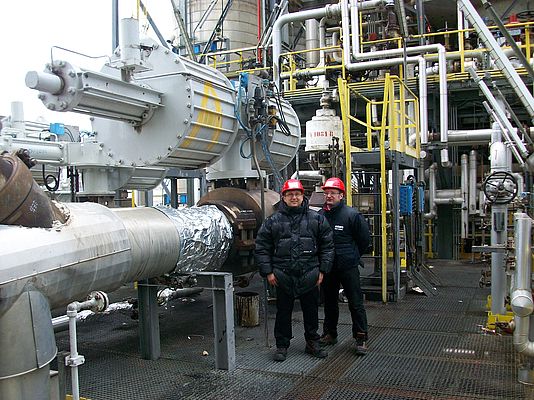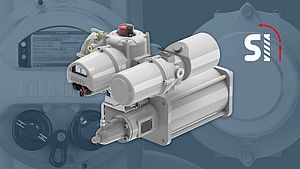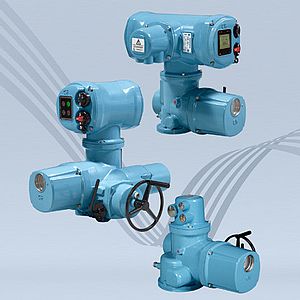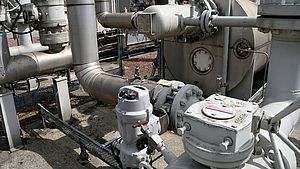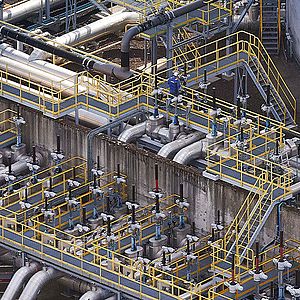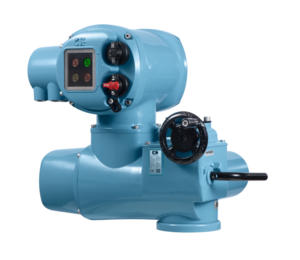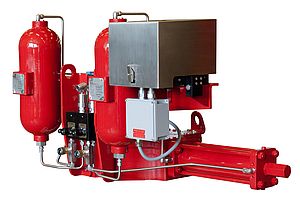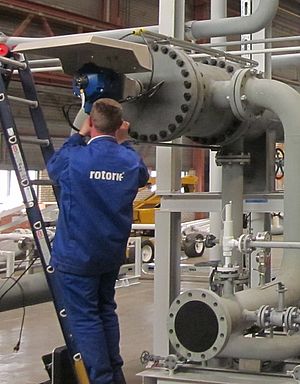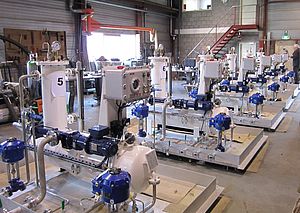The original partial stroke testing systems for actuators at a major European oil refinery were in need of mechanical and electrical modifications to improve the precision of their performance and increase operational efficiencies in the process.
The fourteen GP range quarter-turn valve actuators were originally supplied to the Raffineria Milazzo on the north coast of Sicily in 1995. Occupying an area of 212 hectares, the site is one of the most complex refinery facilities in Europe, producing high quality, low sulphur products.
In 2008 the refinery contacted Rotork to request upgrading the performance of the electrically operated partial stroke testing systems that had been fitted to the actuators when they were first supplied. Partial stroke testing enables the performance and condition of infrequently operated valves to be monitored without fully closing them, in plant areas where such closings would disrupt routine plant operations.
The original partial stroke testing systems were in need of mechanical and electrical modifications to improve the precision of their performance in line with increased operational efficiencies in the refining processes. To achieve this, all fourteen actuators were disassembled and shipped to the Rotork Fluid Systems factory at Lucca, where they were modified and repainted, before being returned to site and refitted within a total timescale of approximately four weeks.
The modified partial stroke test systems are now initialised by selecting the test mode and operating a pushbutton on a new control box for each actuator. The pushbutton activates a solenoid valve to release air from the actuator cylinder until it reaches a preset position of 15 degrees in the closing direction. At this point a newly fitted limit switch disengages the closing direction solenoid and activates the open direction solenoid to enable the valve to return to its fully open position. In this way, the valve is never allowed to travel beyond the 15 degree closing position, which would compromise the plant process and potentially shut down the refining reactors.


